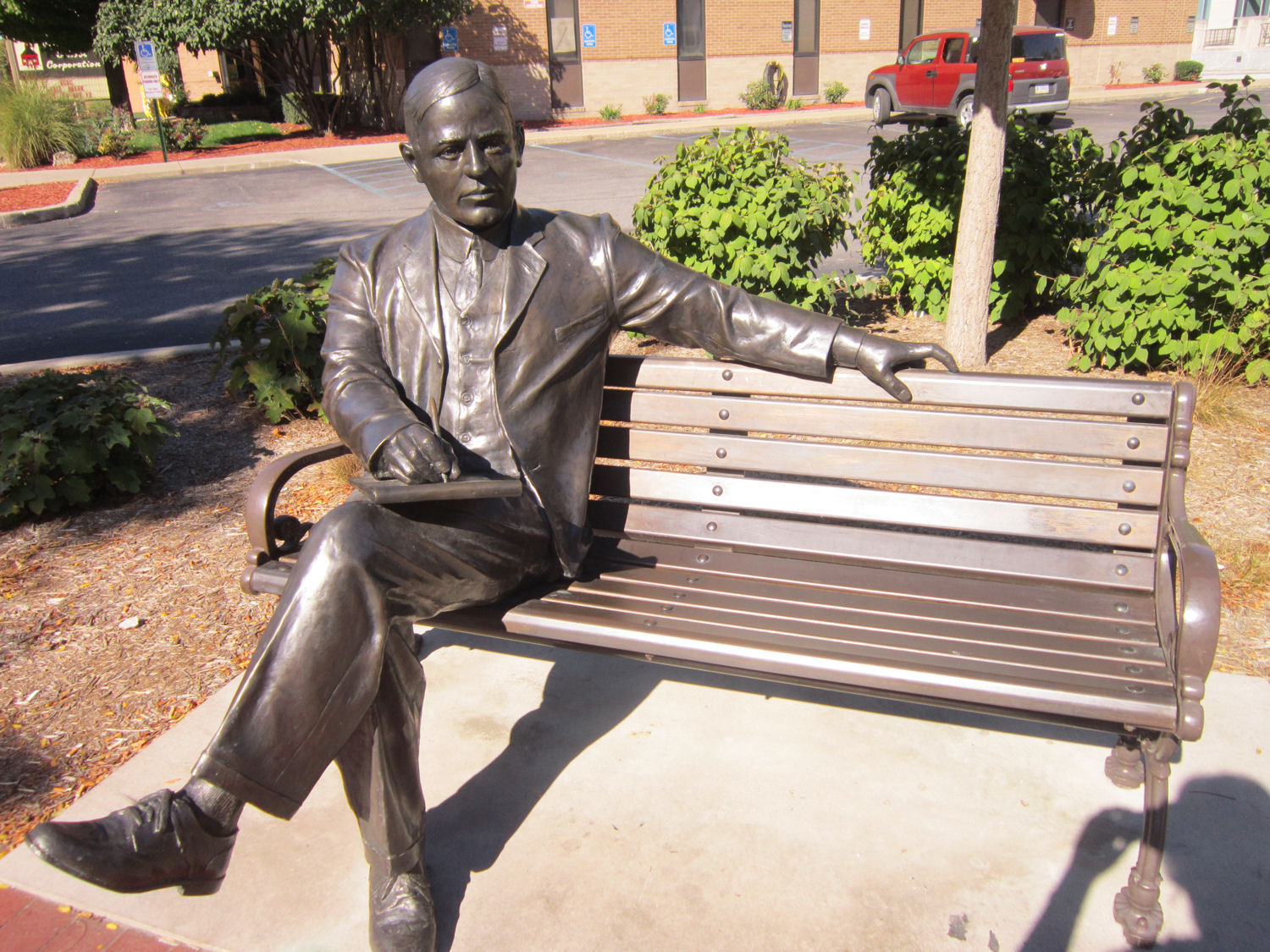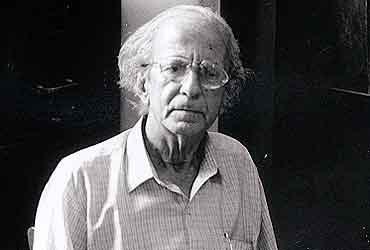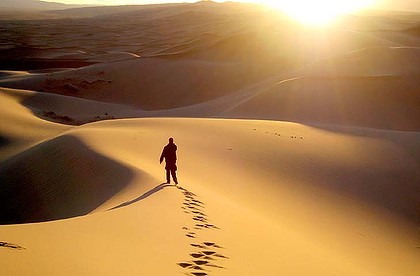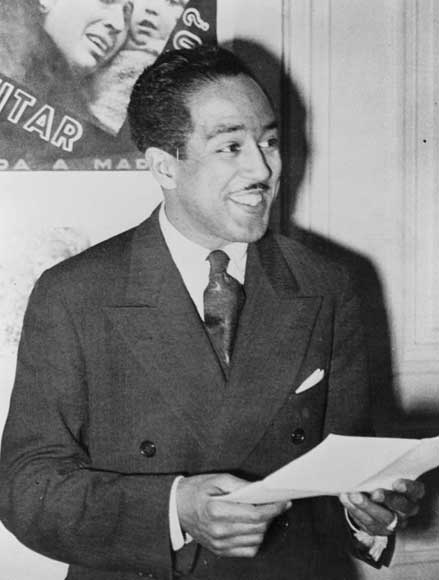This poem analysis is divided into four parts – context, rhyme scheme and rhetorical devices, themes, and deeper meanings – all of which are essential to a complete and well-rounded understanding of this profound poem.
Context: This poem explanation depends critically on the context in which the poem was written. It was written by Maya Angelou on the occasion of the first inauguration of American president Bill Clinton on 20th January, 1993. Since this was the start of a new term and a new presidency for America, Angelou presents it as a new dawn. The themes she develops through ‘On the Pulse of Morning’ (which shall be discussed a little later) are also the same themes Clinton spoke about in his speech. This poem made Angelou the first African-American, and the first woman, to speak at a presidential inauguration, and thus cemented her literary status as one of the greats of twentieth century American poetry.
Rhyme Scheme and Rhetorical Devices: No consistent rhyme scheme is followed throughout the poem. Only the sixteenth stanza contains four pairs of rhymed pairs. The rest of the poem seems to be written in blank verse to capture the flow of Angelou’s many thoughts on this historic day. The last stanza also ends with very short lines, which end the poem with an incantatory effect to show easy it really is to engender hope amongst your countrymen.
The primary rhetorical device used here is personification, in which a non-living object is accorded human characteristics. In ‘On the Pulse of Morning’, the Rock, the Tree, and the River are all personified. This is evident in the way the poem gives voice to their reminiscences about an earlier time of peace and harmony, and their invitation to human beings to bring back such a time in the present with their support and encouragement.
Themes: This poem analysis will show the themes developed by Angelou in this poem on a stanza-by-stanza basis for ease of comprehension. The theme of the unforgettable quality of historical events is seen in stanzas 1 (where dinosaurs are shown to have left a mark on the earth’s surface that cannot be removed), 19 and 20 (in which the history of the obliteration of the Native American tribes by colonial settlers, and that of slavery, which is so important for Angelou herself, are outlined), and 23 (in which Angelou asserts how important it is to remember the struggles of the past if one is to survive in the present).
The theme of unity in diversity is seen in stanzas 13 (in which Angelou says that people of all beliefs have gathered to listen to the ancient wisdom that the Tree embodies), and 24 (in which Angelou asserts that not only the men, but also the women and children must take the responsibility of changing the degraded state of America into one of which they can be proud), and the two lines between stanzas 27 and 28 (in which the Rock, the Tree, and the River assert that they will provide support to rich and poor, and young and old alike).
The theme of the greed that can destroy human civilization is hinted at in stanzas 8 (where the River says that the factories that humans have built for profit have dumped toxic waste upon her shores), 16 (in which Angelou speaks of the gold prospectors who exploited the labour of the Native Americans), and 28 (where Angelou asserts that all human beings are descended from the same source, and are thus brothers and sisters to each other).
The theme of alienation is evident in stanzas 7 (where the River describes every man of being a country with closed borders that does not allow for peaceful existence, and collaboration amongst themselves), and 11 (where the River speaks about a time of innocence in which, as Plato said, man’s greatest wisdom lay in knowing that he knows nothing and which has now changed into a time in which man has gained knowledge, and with it pride, to develop a sense of scepticism towards the simple truths of peace and harmony).
Deeper Meanings: This poem explanation would be incomplete without going into some very specific allusions that Angelou makes in the context of American history. At multiple places in the poem, Angelou speaks of the many different races that came to America as slaves and as immigrants. This can be seen as a reference to the melting pot theory of ethnic relations. The positive view with which this theory developed said that persons of all ethnicities have made up the great American nation, and that there is space for them all in America. However, a negative view of this theory also exists, which says that all ethnic groups in America have been ‘melted’ into a single, homogeneous identity which does not allow for their particular cultural differences to emerge. Angelou advocates the acknowledgement of all such diverse cultural traditions, along with the coming together of the ethnic groups in transforming America into the dream their ancestors had wanted it to be.
This poem also makes reference to the Middle Passage, the slaves’ crossing of the Atlantic Ocean in ships from Africa to America, during the course of which thousands and thousands of them died before ever arriving in America. This is the passage with which they paid for their descendants to become citizens of America. This is a very important event in African-American history, and one that is not overlooked by writers like Angelou and her contemporaries such as Toni Morrison and Alice Walker.
Such deeper meanings have enriched the poem and are especially suited for the context in which it was written, in the 90s when America was determined to foster good relations between all its various ethnic communities.
Some online learning platforms provide certifications, while others are designed to simply grow your skills in your personal and professional life. Including Masterclass and Coursera, here are our recommendations for the best online learning platforms you can sign up for today.
The 7 Best Online Learning Platforms of 2022
- Best Overall: Coursera
- Best for Niche Topics: Udemy
- Best for Creative Fields: Skillshare
- Best for Celebrity Lessons: MasterClass
- Best for STEM: EdX
- Best for Career Building: Udacity
- Best for Data Learning: Pluralsight















